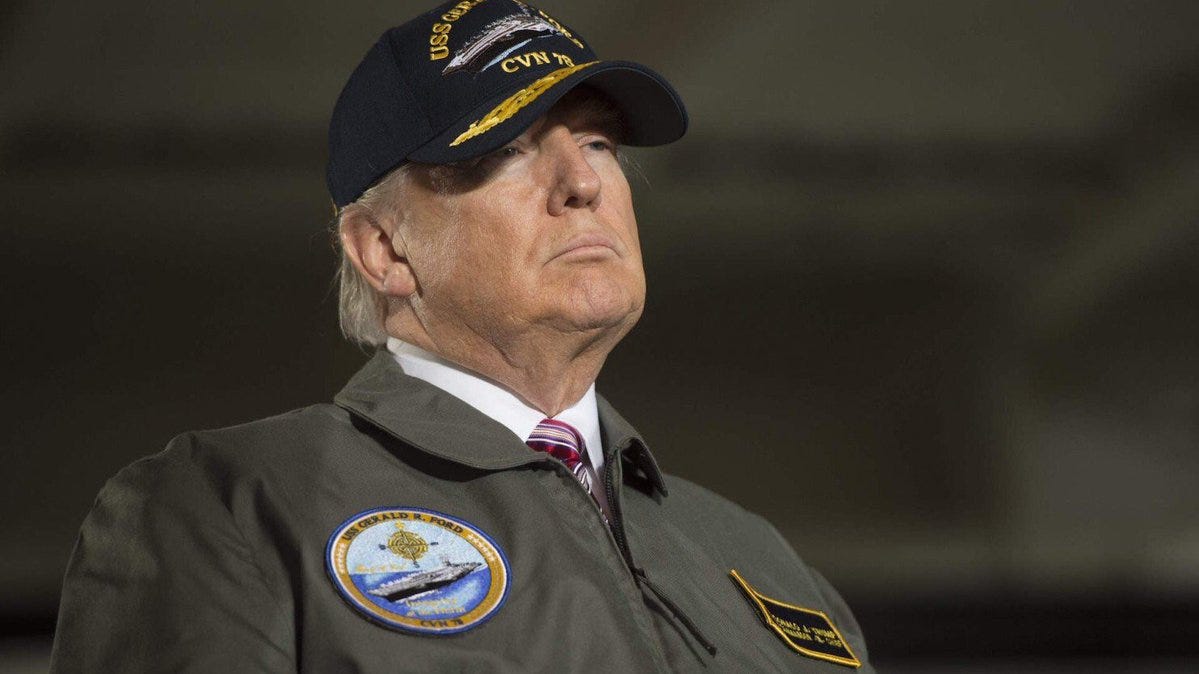
Donald Trump’s poll numbers continue to plummet, the dangers of his presidency begin to rise. As a narcissist looks to save his legacy — and his brand — unthinkable options quickly find a place at the table.
On March 28th, Trump’s approval rating cratered to 35 percent, and remains low. Per Gallup, he has enjoyed two days of net favorability, and that was by exactly one point.
Trump has failed on his promise to defeat ISIS in 30 days. He has failed to repeal Obamacare. He continues to be subject to an investigation that could amount to treason. At this point, he and his staff could look to the past to determine the quickest way a president can boost favorability.
Hint: it doesn’t come from anything legislative.
Before the Gulf War, the elder George Bush enjoyed a favorability of 60 percent. After the Gulf War began, those approval ratings jumped 27 points to a resounding 87 percent.
Fast forward 10 years to the presidency of Bush 43. Like his father, Bush enjoyed a relatively high approval rating (certainly better than anything Trump could currently hope for), but saw it skyrocket after the 9/11 terrorist attacks from 57 percent to 87 percent.
It doesn’t take a ton of political insight to see what’s going on here: Americans like war-time presidents.
They like them at first, anyway.
Bush Sr. saw his support fall off a cliff shortly thereafter because he still couldn’t get anything done legislatively (unfortunately, Americans paying higher taxes can indeed read lips). Bush 43 saw his approval drop off after the 9/11 attacks, but watched them spike once more in the wake of the Iraq invasion.
The short-term increase in support actually has a name in Political Science. It’s called the “Rally ‘Round the Flag Effect” because a time of war or national crisis brings a people together around the one thing they all assuredly have in common, the flag.
By extension, the leader waving the flag becomes the rallying point.
Were war to suddenly break out, Trump becomes the symbol of American patriotism. Suddenly, questioning the president is equivalent to questioning America. The effect can be seen during the Cuban Missile Crisis, the capture of American hostages in Tehran, and of course the aforementioned Gulf War and 9/11 attacks.
It wouldn’t matter to Trump that their approval ratings dropped immediately after the wave of patriotic fervor wore off. He thinks by the day and cares for nothing more than his brand. If he believes war will make America like him, even for a little while, it’s something he’d consider.
How plausible is this scenario?
Given his actions thus far, it’s not a stretch to think this is already being planned out as a backup. We heard the insane rant about how the United States doesn’t win wars anymore:
The investigation into Russian ties would fall to the wayside, even with Mike Flynn’s upcoming testimony, as would any questions of the Emoluments Clause.
Given the spy novel in which we are all currently trapped, nothing is outside the realm of possibility. Trump and his administration are under an immense amount of pressure at the moment. Simply wagging the dog and gaslighting via tweets will eventually not be good enough.
He’s going to need something big to take the heat off, even for a little while.
He has the ability to send troops where he desires and the votes in the House and Senate to pay for all of it. He has the means, the opportunity and, should his numbers continue to drop and the investigations pick up, he’ll have the motivation.
Source:
Bob Cunningham
Rantt Staff Writer. BA, Political Science. Former Republican.
http://footprintsstrategies.com


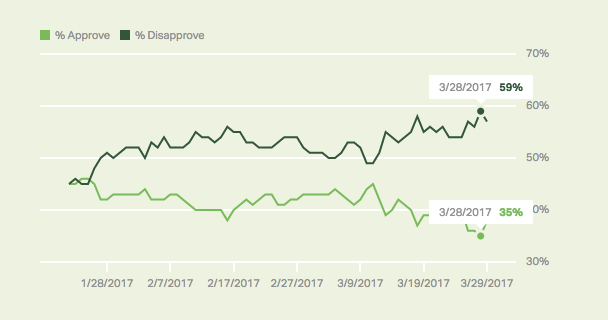
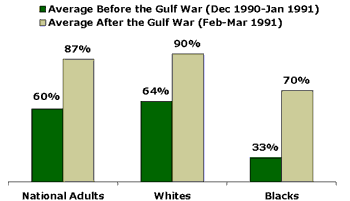
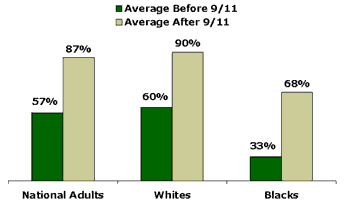
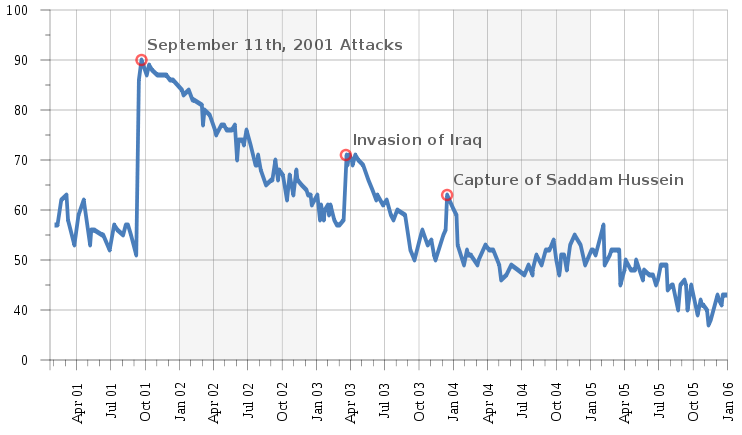
No comments:
Post a Comment
Thanks For Your Comments